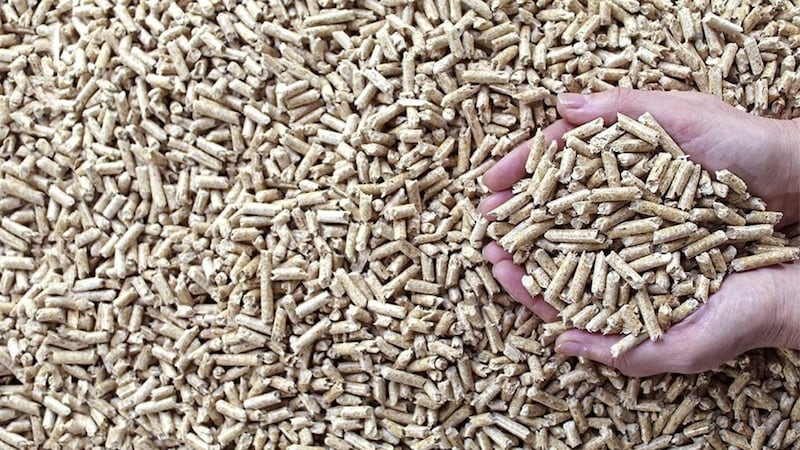House prices in Northern Ireland increased by 3.2% in the year to May 2024, new analysis from Halifax suggests.
The lender’s latest house price index put the average price of a home in the north at £191,767 last month.
It left the north with the second highest rate of growth of the 12 regions assessed, but it suggests house price inflation is continuing to ease in Northern Ireland.
The annual rate of growth has been coming down each month since the 5.3% published in Halifax’s January index.
Halifax said the 3.2% annual increase in May meant “Northern Ireland continues to show strong growth”, but it said the rate had pulled back from the 3.4% recorded in April.
Halifax said UK-wide, house prices fell by 0.1% between April and May, with the typical property valued at £288,688.
The official government-backed measure of property prices put the average cost of a home in the north at £178,499 in the first quarter of 2024.
The index, produced by LPS and statistics body Nisra, said prices increased by 0.4% between the final quarter of last year and the first three months of this year.
The rising price of residential property in Northern Ireland follows a significant slump in house building during 2023.
Just 5,379 new dwellings were completed in Northern Ireland during 2023, the lowest since 1959.
Just 400 new units are expected to be started in the 2024/25 financial year, the lowest number of new social builds since 2009.








